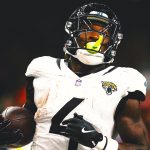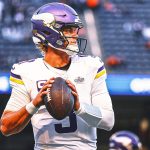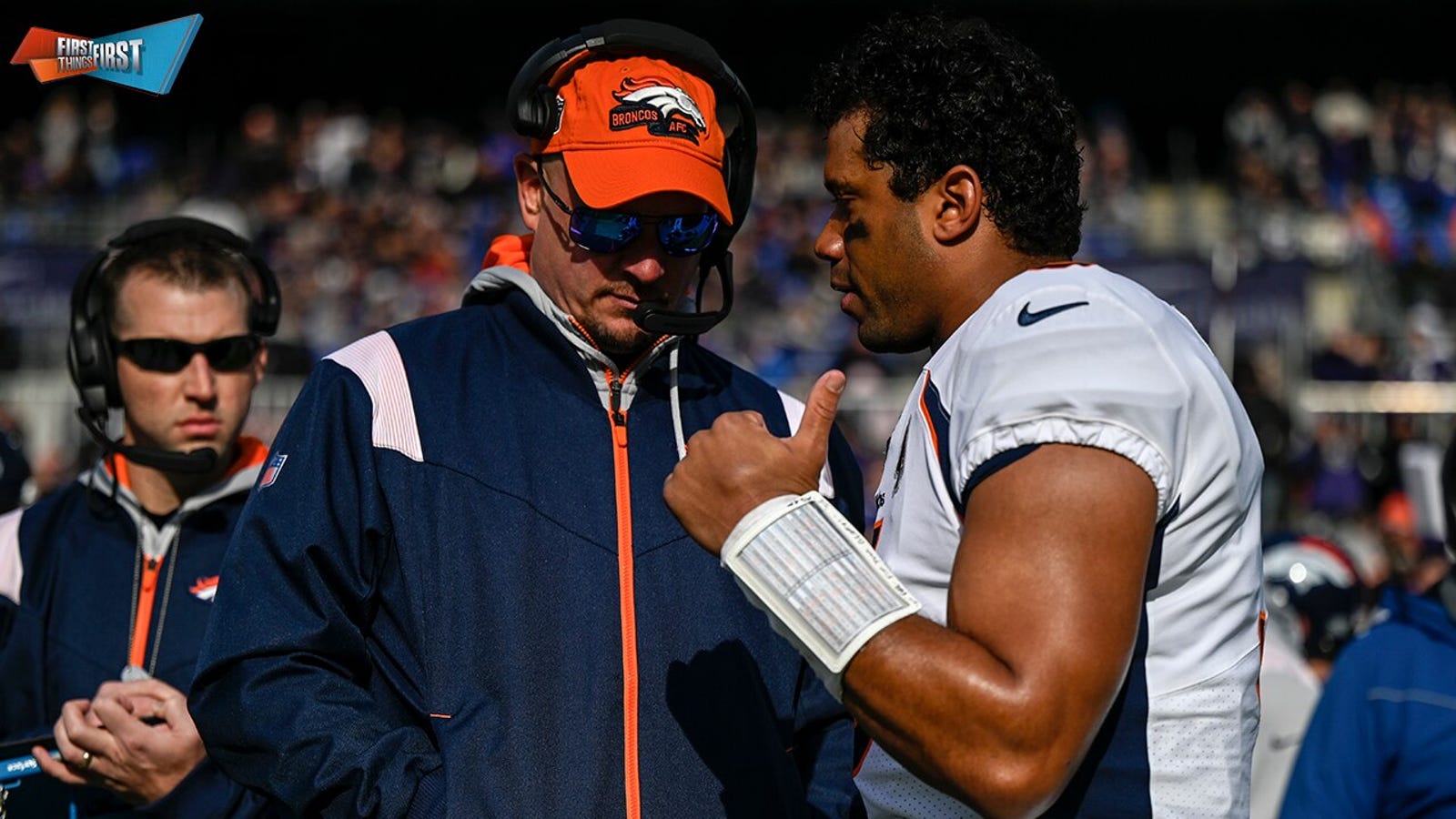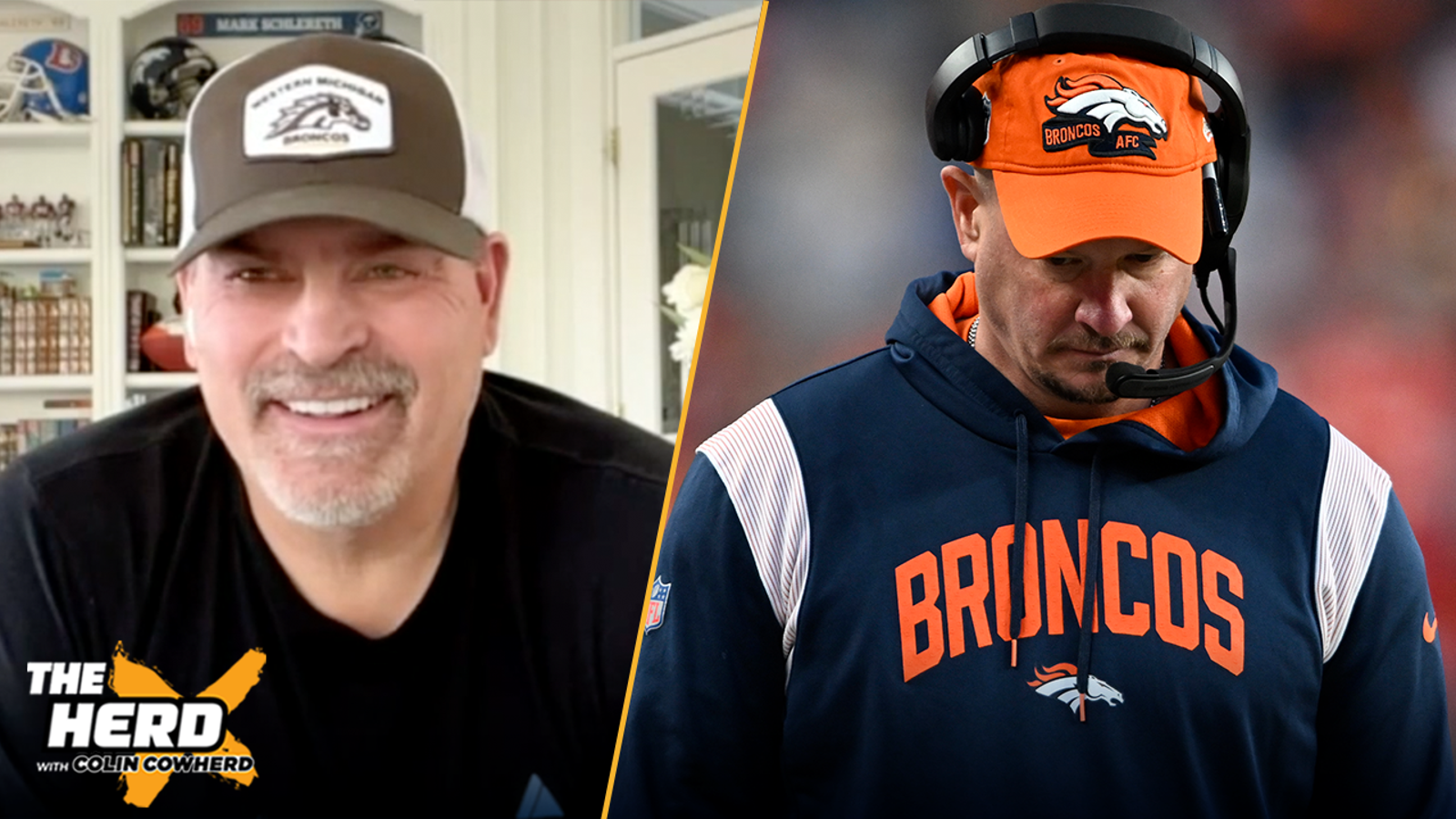“One man’s trash is another man’s treasure.”
In the NFL, plenty of executives, coaches and scouts believe in a football version of the old proverb: a player who one team considers worthless may be regarded as valuable by another team.
Quarterbacks, in particular, are frequently viewed as salvageable players with the capacity to flourish under the right coaching or within the perfect system. With a legion of so-called “quarterback whisperers” who believe in their teaching ability and tactical skills, we have seen countless teams take chances on discarded veteran quarterbacks on the downside of their careers or struggling young quarterbacks in need of a change of scenery.
Just look at how the Indianapolis Colts (Matt Ryan), Washington Commanders (Carson Wentz), Atlanta Falcons (Marcus Mariota) and Carolina Panthers (Baker Mayfield and Sam Darnold) took chances this season on fading stars or underachievers as their potential QB1s. The Denver Broncos paid a king’s ransom to pry Russell Wilson away from the Seattle Seahawks.
Broncos fire Hackett as Wilson’s struggles continue
Nick Wright, Kevin Wildes and Greg Jennings discuss Russell Wilson, the Broncos’ blowout loss vs. Baker Mayfield and the Rams and the subsequent firing of Broncos HC Nathaniel Hackett.
While those moves may have looked good through rose-colored glasses, the performance and production of each QB has failed to match expectations. There is certainly plenty of blame to go around for each of their failures, but the lackluster play is part of a recent trend of bad marriages between cast-off quarterbacks and their new teams.
Why? Why is it so hard to play matchmaker at the quarterback position when we have more “quarterback gurus” running quarterback-friendly schemes designed to create easy completions and big plays?
That is the million-dollar question circulating the league when executives and coaches examine the failures from the 2022 offseason. What led to the struggles in the new environment? Are the issues due to the player’s talent or skills? Does the scheme help or hurt him? Does he have enough support around him?
Generally, quarterbacks need a village around them to flourish as a player. Executives will tout the importance of the “three P’s” (playcaller, playmakers and protection) in meetings, but few surround their new quarterbacks with an A-plus supporting cast in those key positions.
Let’s look at them one at a time.
Playcaller
Without a system that accentuates the quarterback’s strengths, the newcomer is destined to flounder and flop in a scheme that might ask him to do things that are not conducive to his skills.
For instance, Denver put Wilson in a quick-rhythm passing game predicated on timing-based routes and anticipatory throws. While Wilson might have viewed himself as a Drew Brees-like passer who operated with surgical precision, there were 10-plus years of game tapes showcasing his talents as an improvisational wizard who was at his best when working outside of the pocket. To place him in an offense that features more traditional drop-back passes (three-, five- and seven-step drops without run-action fakes) than movement-based throws (bootlegs, sprint outs, and naked passes) took the veteran quarterback out of his comfort zone.
Although the move might have been done at Wilson’s suggestion, the coach is responsible for telling the player the truth about his game while sharing specific tactics and techniques that can elevate his performance.
Nathaniel Hackett couldn’t figure out Russell Wilson
Mark Schlereth joins the show to share his take on the Denver situation, and why Nathaniel Hackett never really got a handle on Russell Wilson.
Playmakers
The presence of an outstanding playcaller will only produce positive results if the lineup has enough playmakers in the backfield or on the perimeter. Without standout running backs, wideouts and tight ends, the quarterback has to shoulder an unbearable load that bogs down his performance.
Mariota was challenged with the Falcons due to their lack of premier playmakers. Despite the presence of Kyle Pitts and Cordarrelle Patterson, the Dirty Birds mostly surrounded Mariota with rookies and unheralded pass-catchers attempting to carve out roles on the team. Without a dominant WR1 or TE1 and a handful of complementary playmakers, it is hard for any quarterback to excel from the pocket, notably if he lacks five-star talent or tools.
Given the state of the Falcons roster, the front office and coaching staff should have established reasonable goals that would have focused on steady improvement instead of production. With a greater emphasis on “process” instead of “outcome,” Mariota would have been better positioned to match expectations as a marquee acquisition.
Protection
Matty Ice would have likely reconsidered accepting a trade to the Colts if he had known their vaunted offensive line would play like a collection of underachievers from Day 1. The quintet’s inability to control the line of scrimmage on running plays or provide a cocoon of protection on passes exposed the 37-year-old passer to more harassment and punishment than he signed up for.
With the persistent pressure and physical pounding taking a toll on Ryan, the former MVP became a turnover machine from the pocket, as evidenced by his 13 interceptions on an assortment of errant passes, overthrows and questionable decisions under duress.
When NFL execs dive into the abundant QB free-agent market this offseason — which will include Mayfield and Darnold, but also Jimmy Garoppolo and Tom Brady, among many others — they need to pay more attention to the three P’s.
Top stories from FOX Sports:
Bucky Brooks is an NFL analyst for FOX Sports. He regularly appears on “Speak For Yourself” and also breaks down the game for NFL Network and as a cohost of the “Moving the Sticks” podcast. Follow him on Twitter @BuckyBrooks.
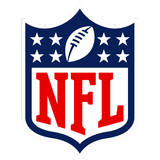
Get more from National Football League Follow your favorites to get information about games, news and more

